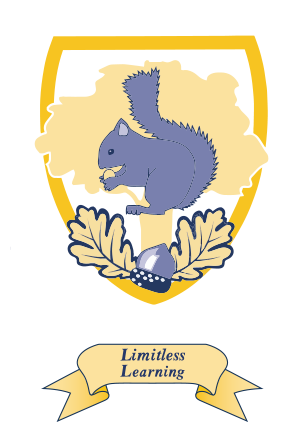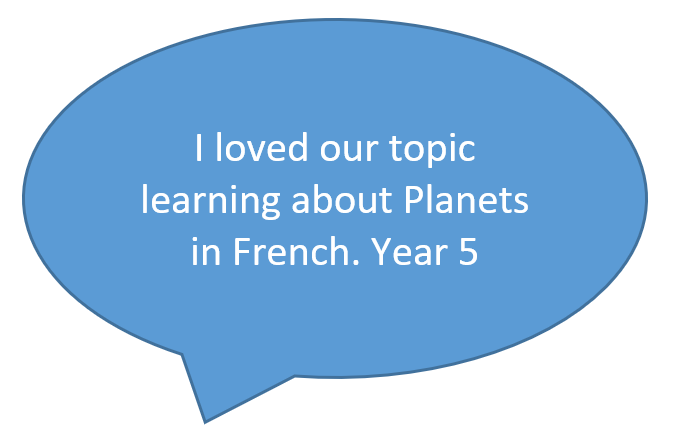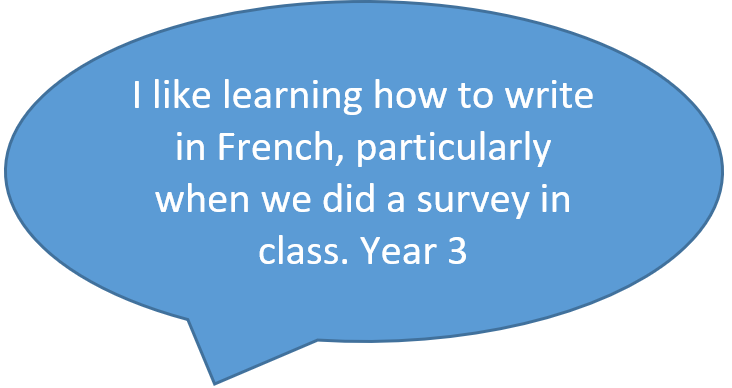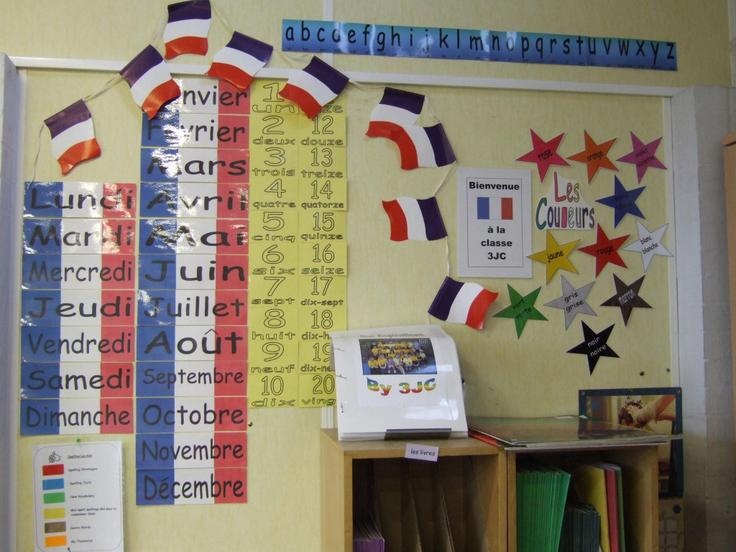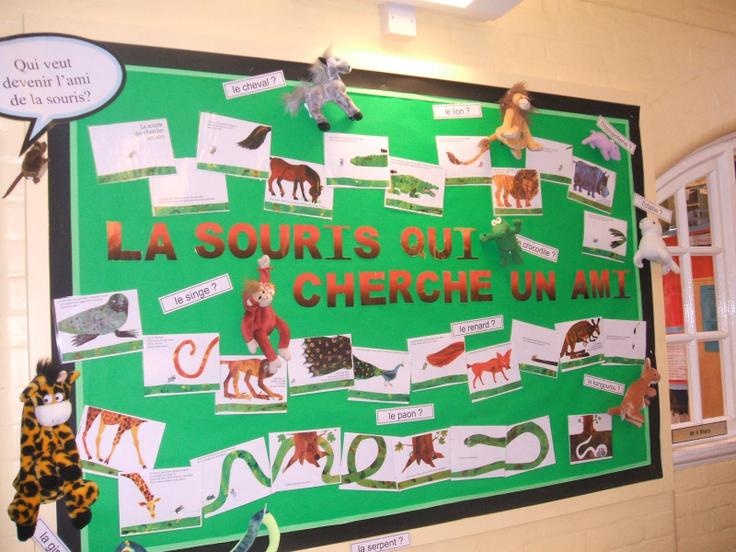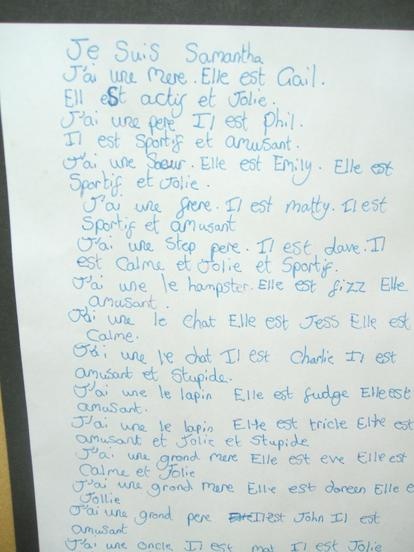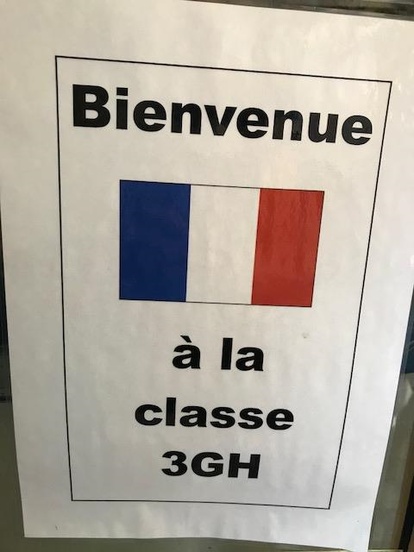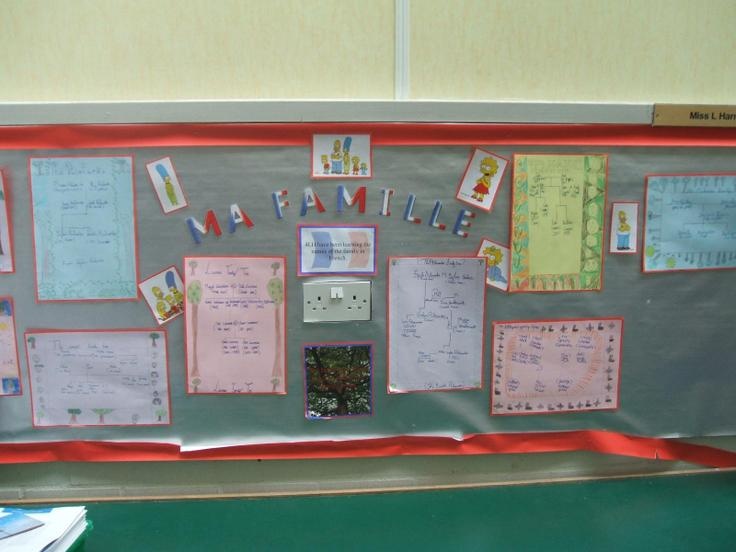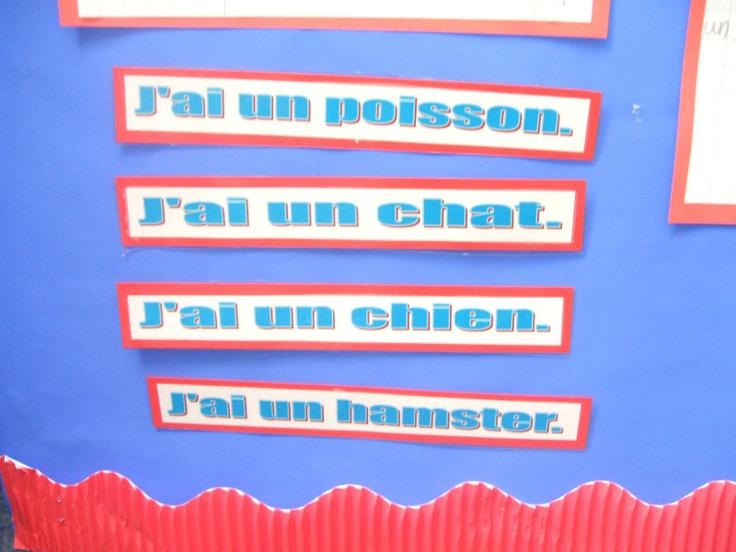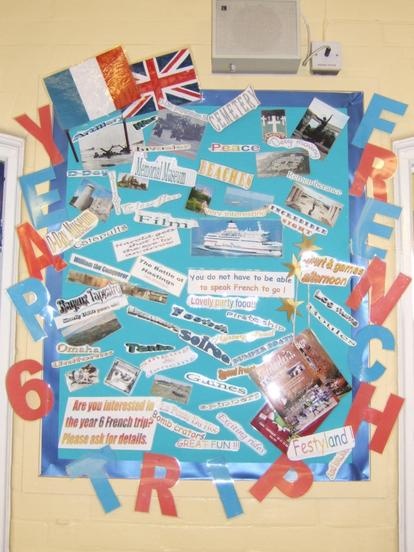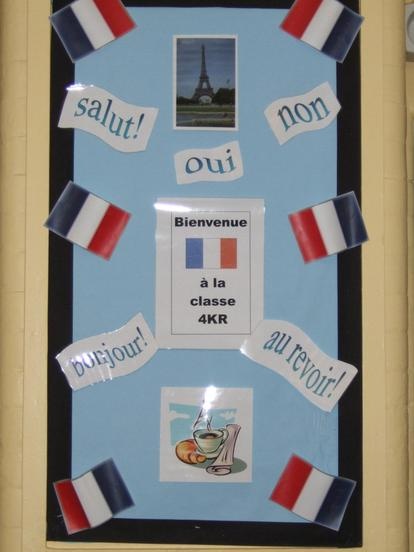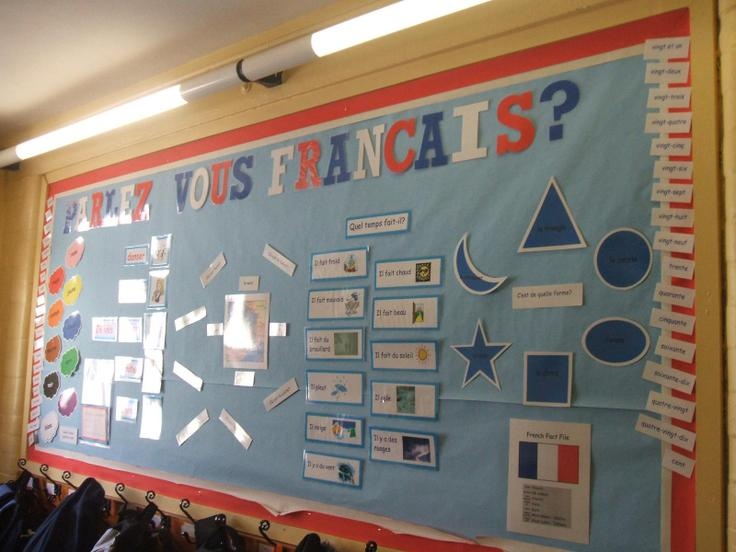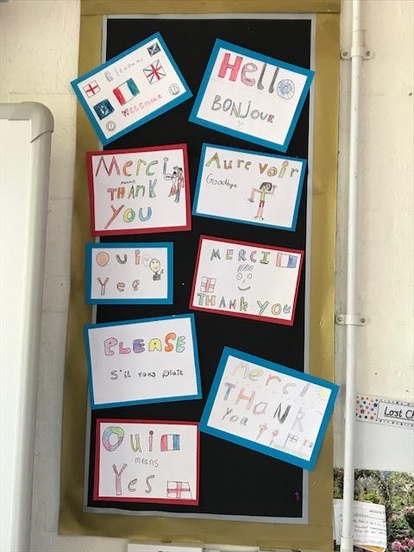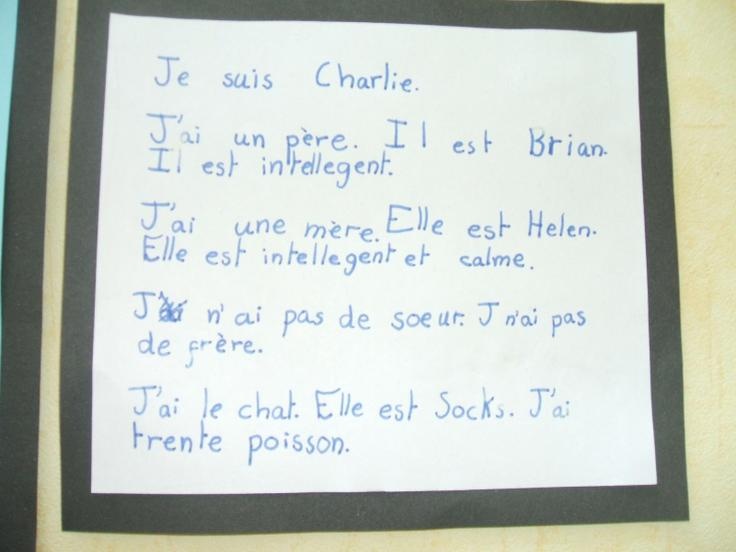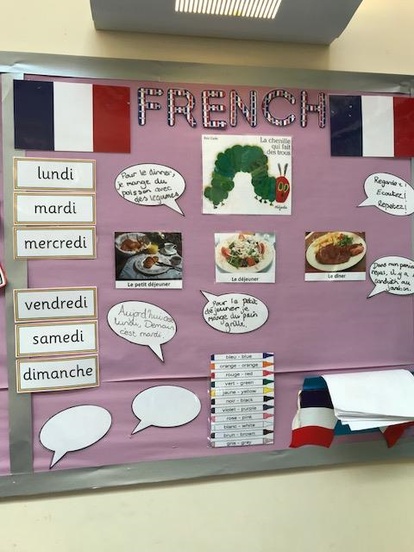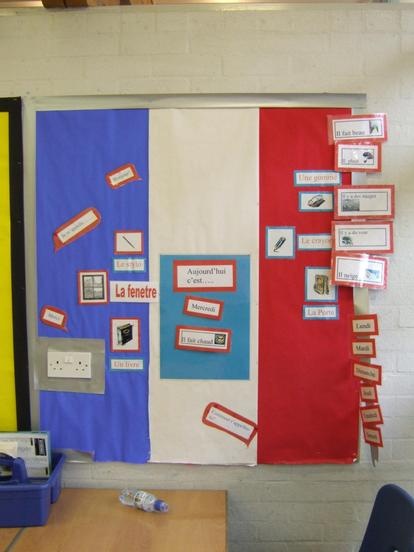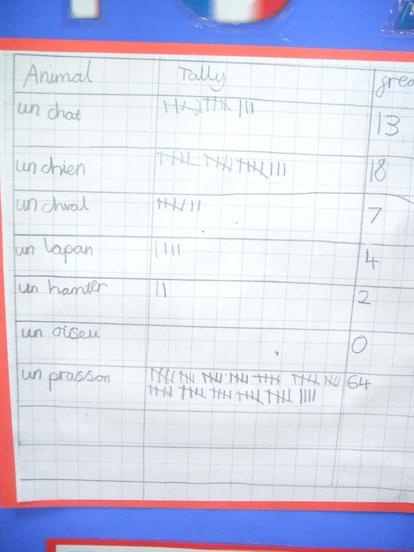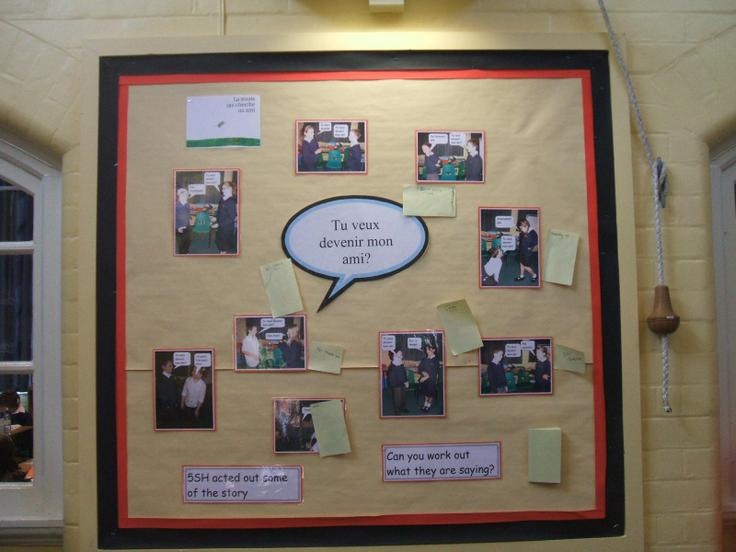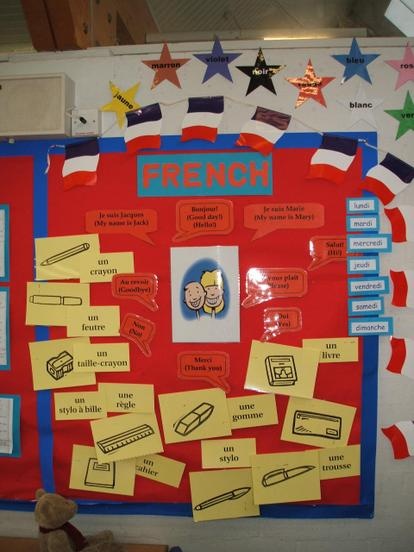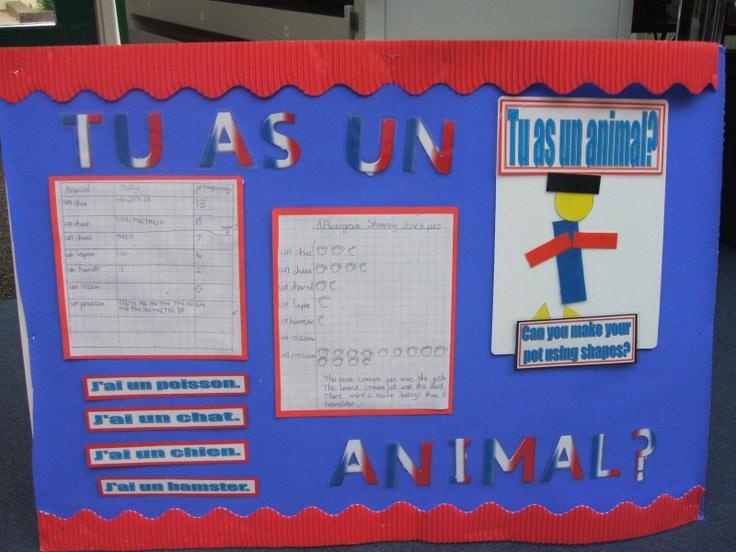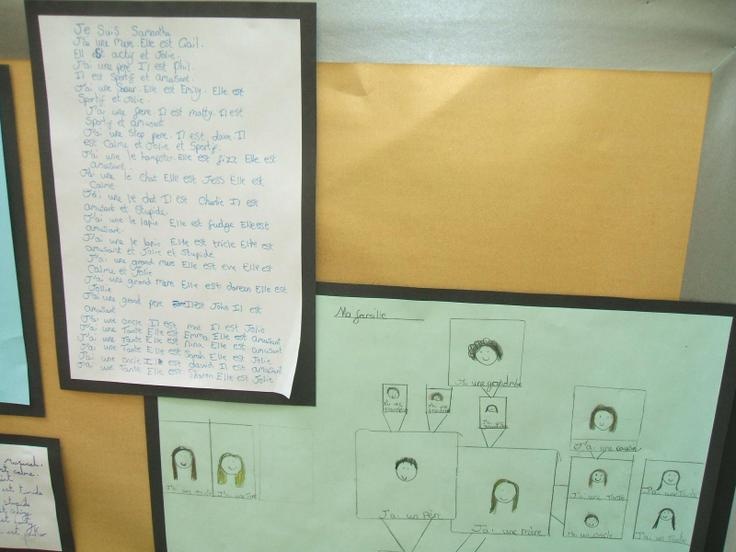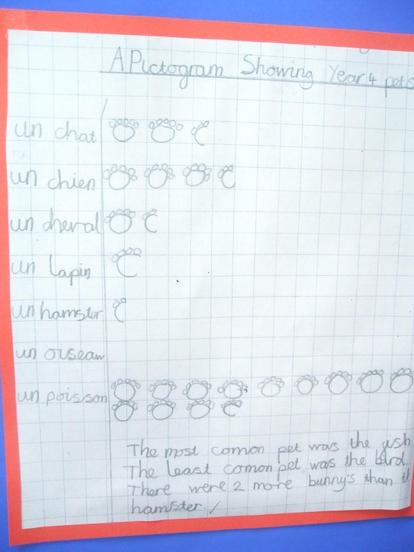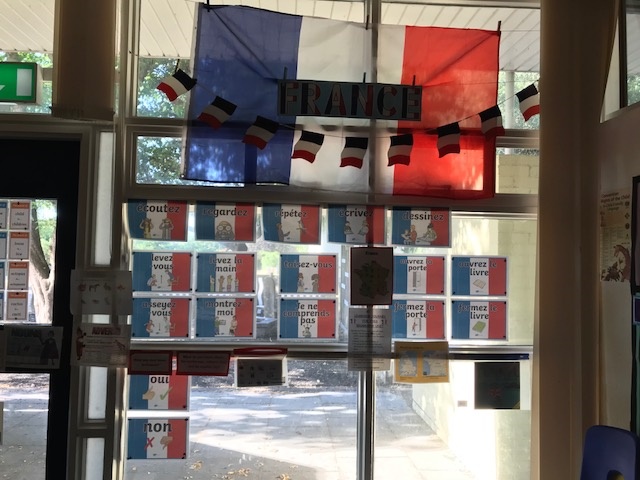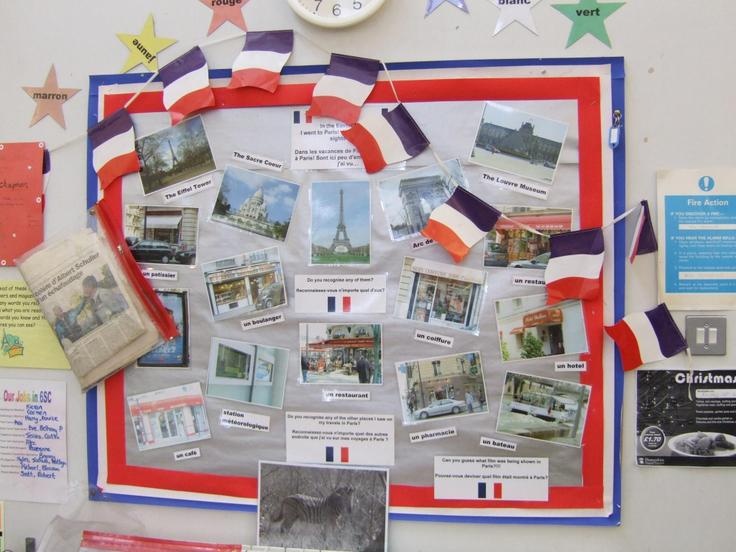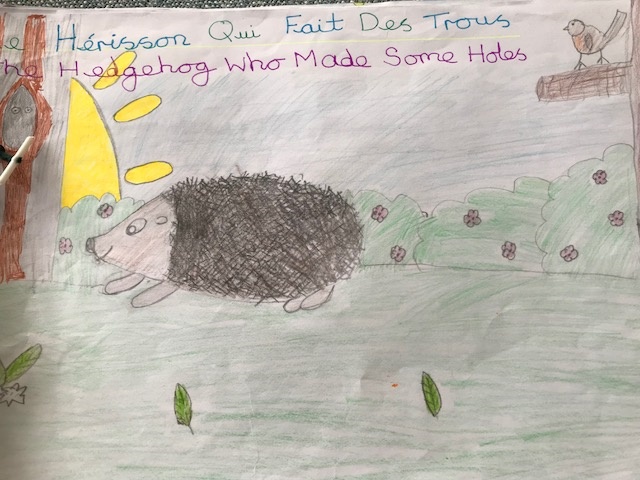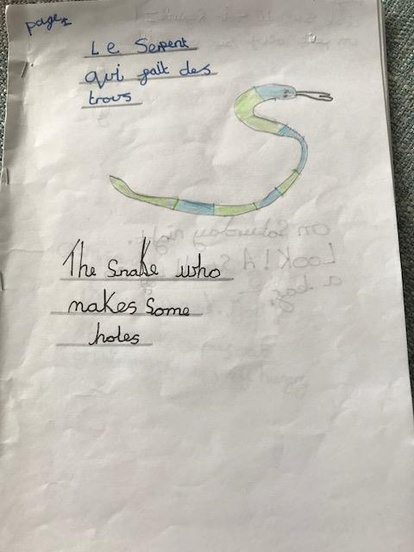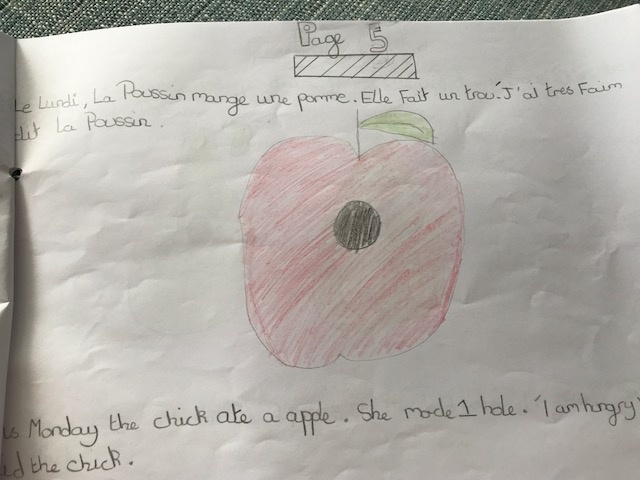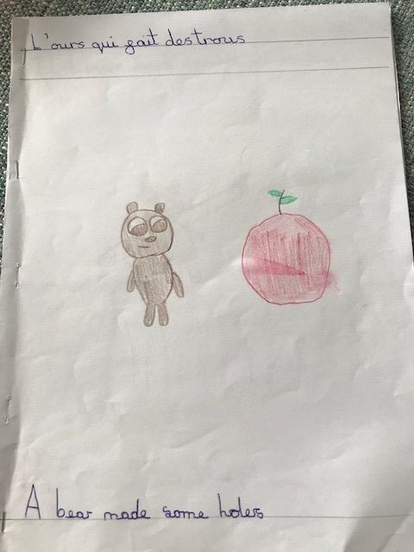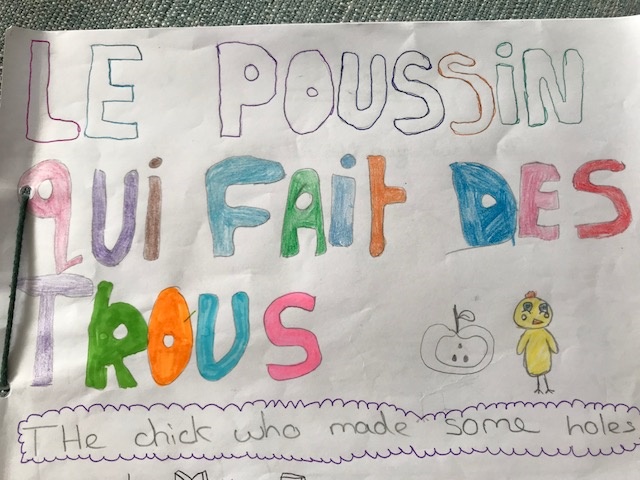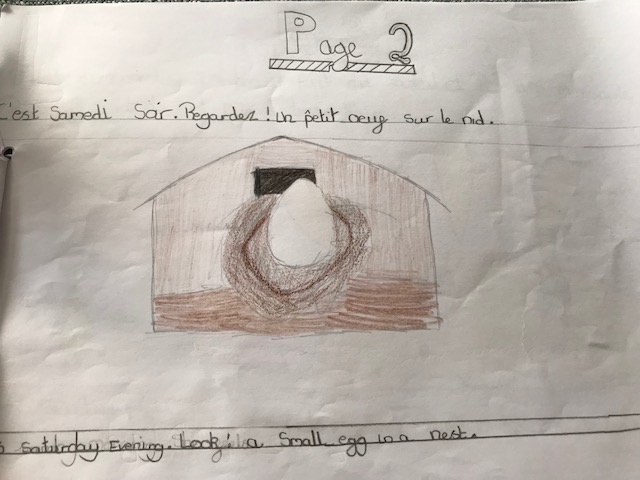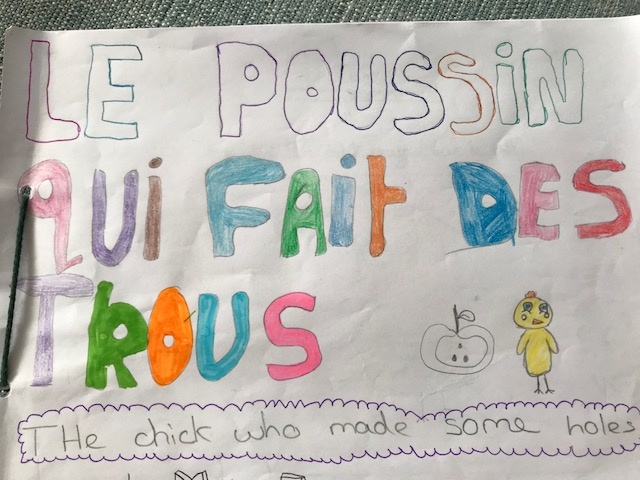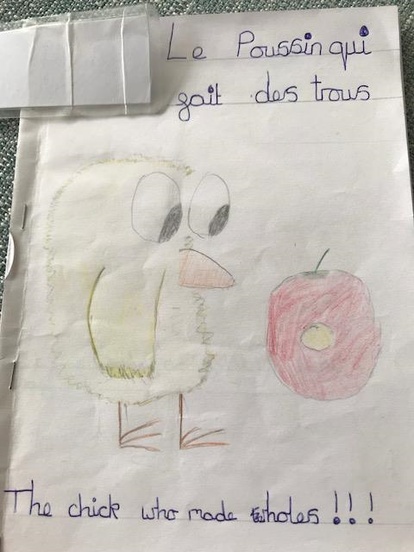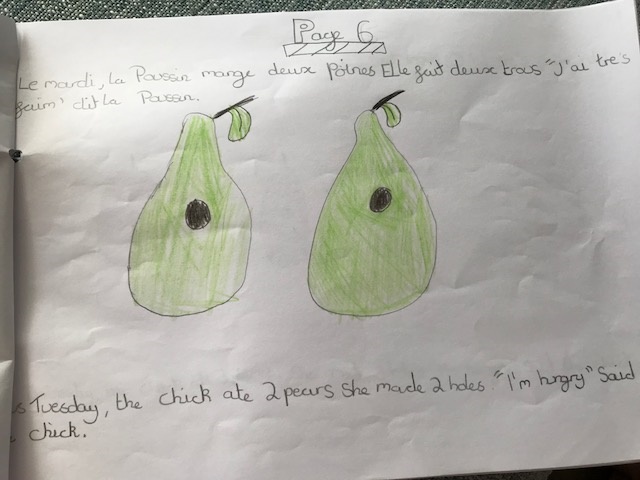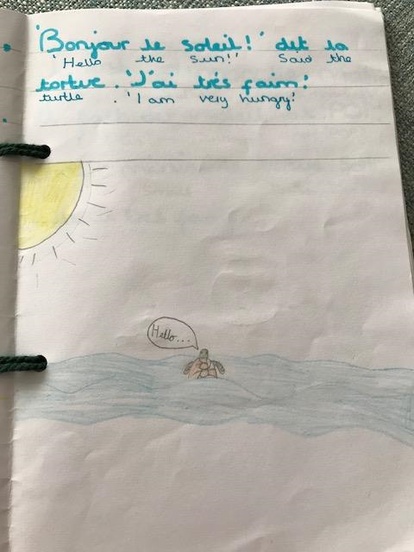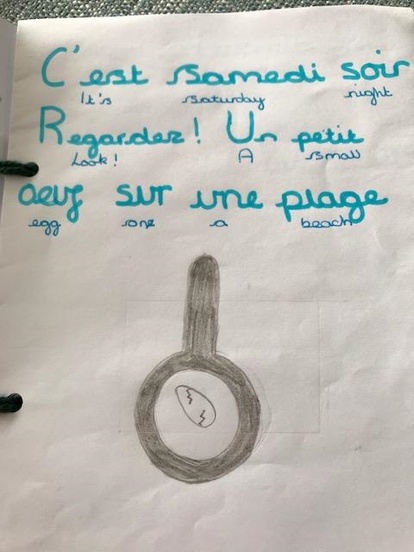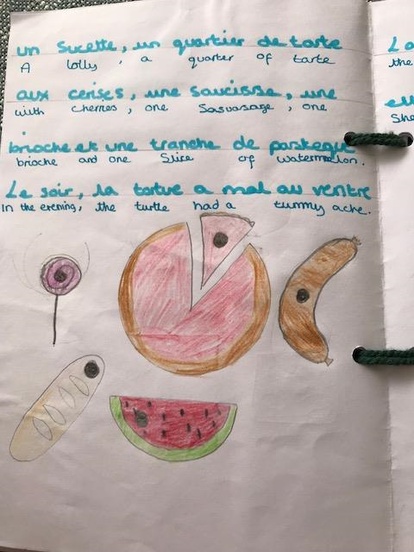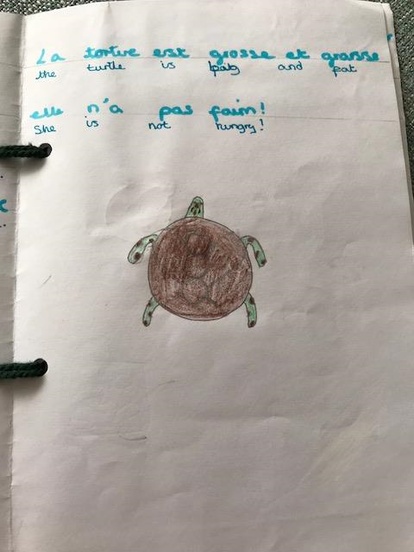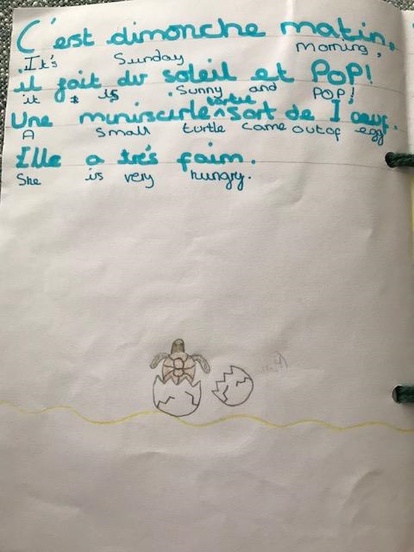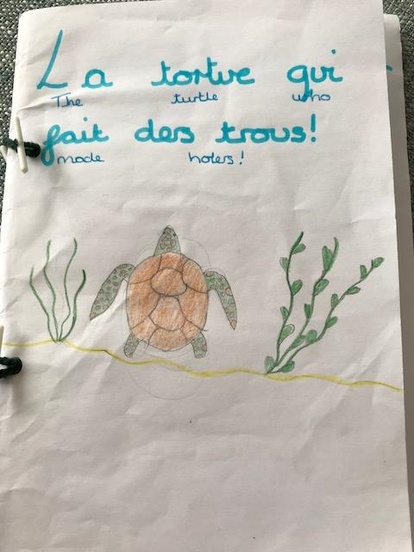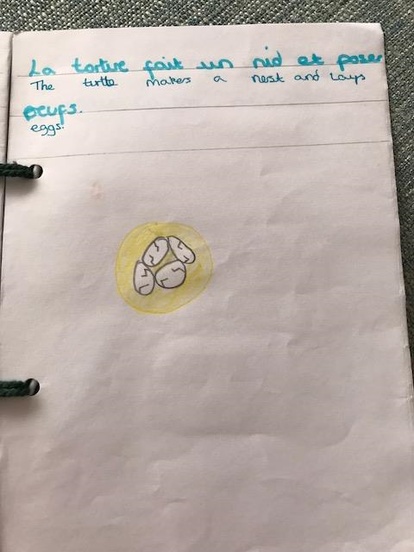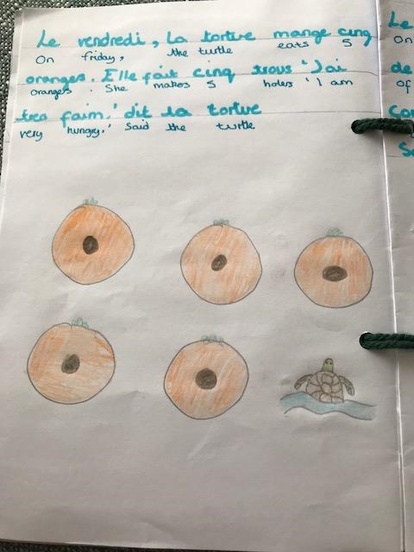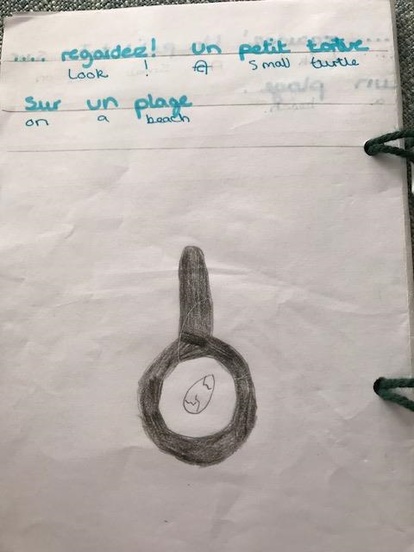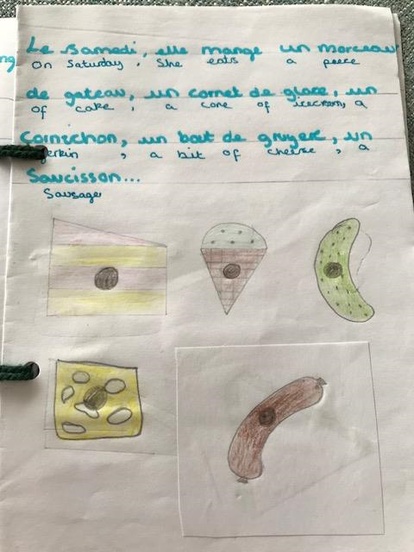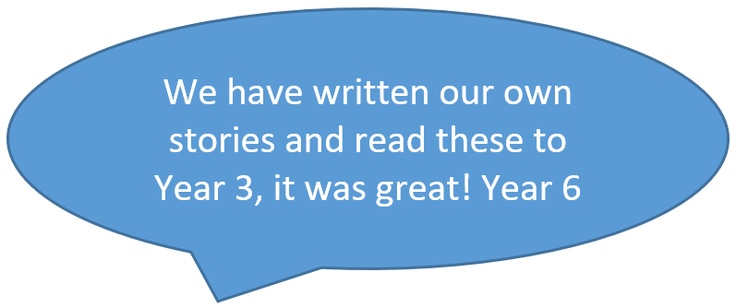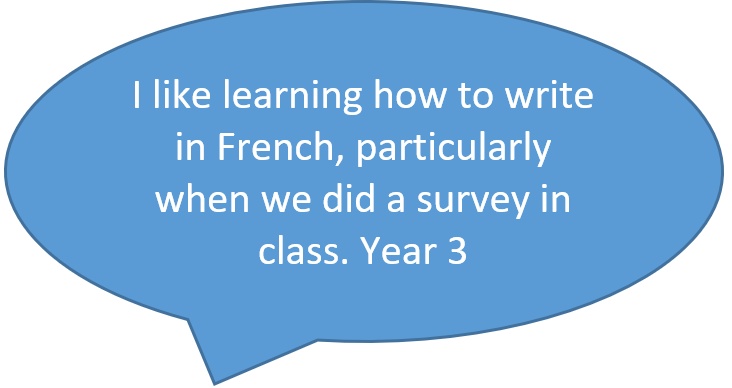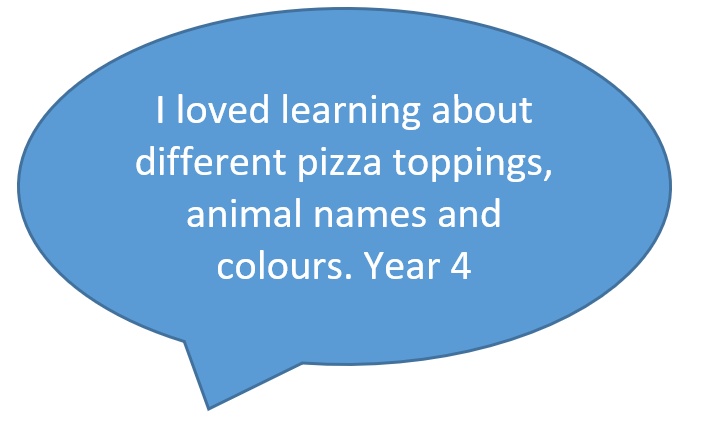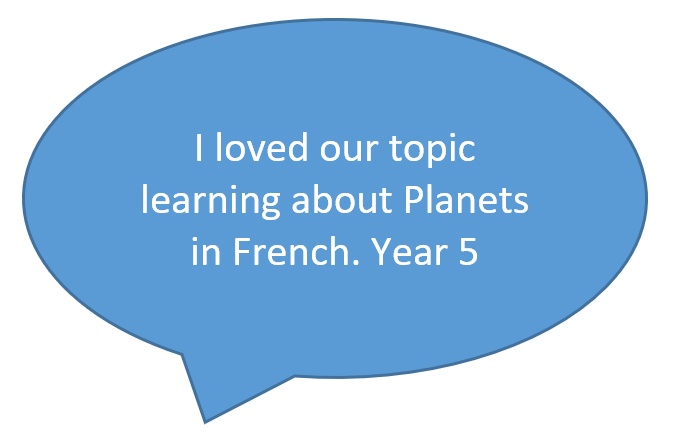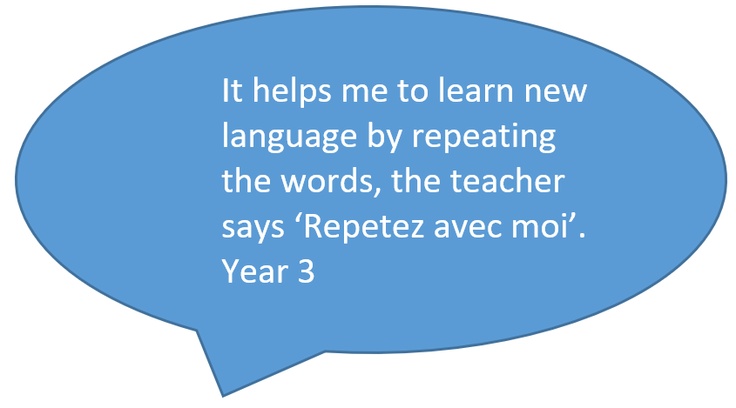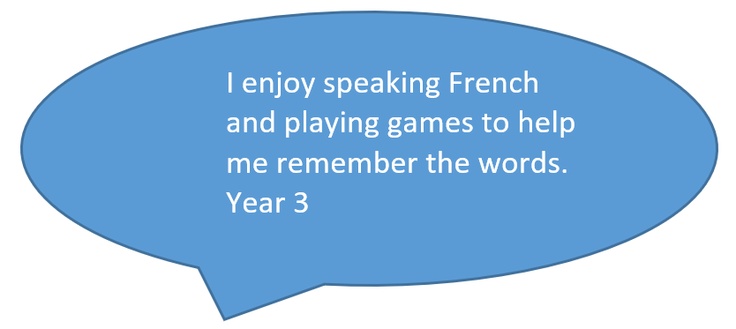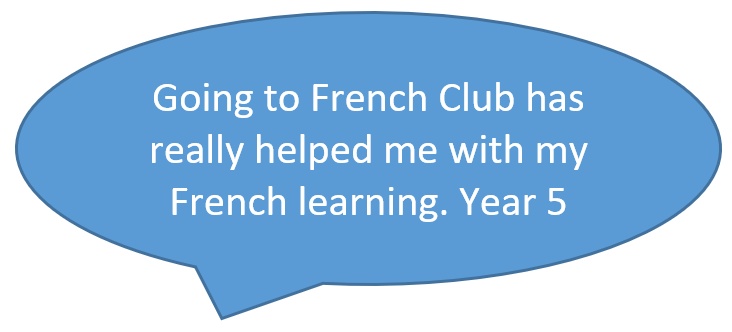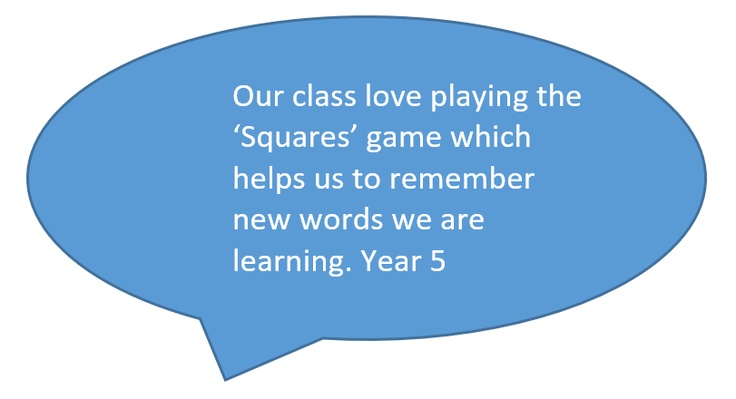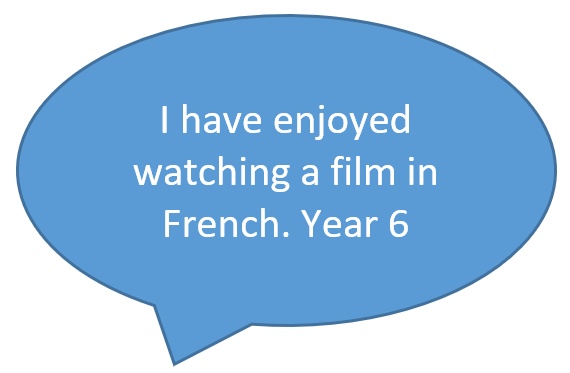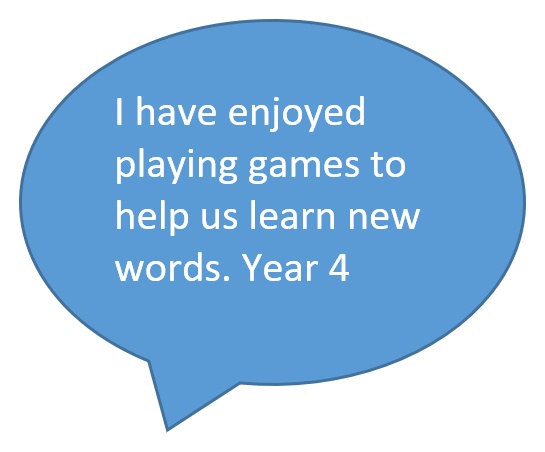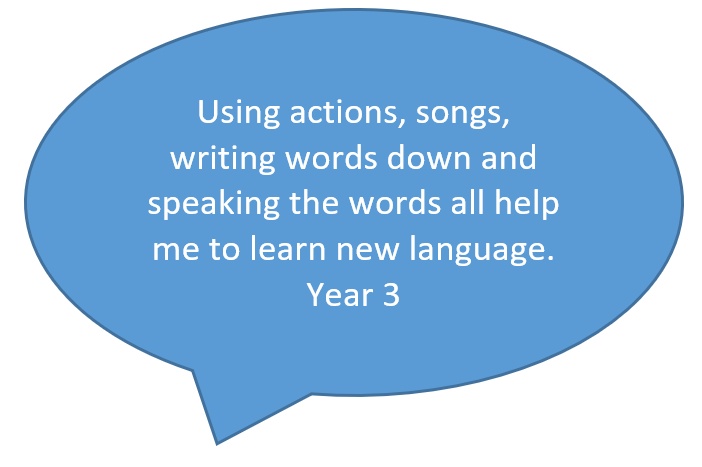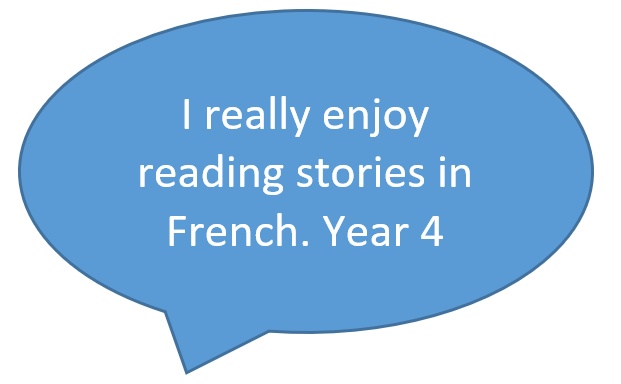French
Intent
It is our commitment to provide every child at Ringwood Junior School with the entitlement to learn a new language. Our vision is for all children to acquire the skills to become lifelong language learners and to enjoy the freedom and competence of being able to communicate with others in a different language to their own. Through their language learning, all children will be developing their international outlook and interest in the culture of other nations.
Modern Foreign Languages promote an interest and curiosity about the wider world and a sense of European and international identity. Languages raise children’s awareness of being a global citizen.
Implementation
French is taught weekly by the class teacher for a 30 minute session with an equivalent 30 minutes being embedded elsewhere across the curriculum each week, for example with register routines and PE warm ups.
Medium-term plans are in place for Years 3 to 6 to enable skills progression as they move from year to year. Each medium-term plan is half termly but there is a need for flexibility to ensure the children have the opportunity to explore learning at a greater depth. Cross curricular links are made where possible, for example in Year 5 the children study Earth and Space in Science and in French.
Sessions are practical, providing a range of opportunities to listen and speak in the new language. Learning progress through the use of repetition, songs, games and play, together with recording language spoken orally and written. It is important to hear the new language in their ears before seeing the written form in order to avoid confusing with phonetics/pronunciation. However, the written form will be swiftly introduced to further embed French phonic understanding and to discuss misconceptions. The four language skills are made clear within all language lessons: speaking, listening, reading and writing. Children will develop their speaking and listening skills initially which aim to develop and broaden their writing and reading skills; Intercultural understanding is also encouraged and developed.
There is a bank of valuable resources available to deliver a broad and balanced language curriculum, as well as helping to develop our whole school focus on providing greater depth.
Standards are monitored through the subject leader supporting staff at an individual level/team teaching, meeting with link Governor, pupil conferencing and work book scrutiny.
Year 3 |
Year 4 |
Year 5 |
Year 6 |
|
|
Autumn Term |
-Classroom instructions -Greetings -Classroom equipment -Our new school |
-Classroom instructions -Pets |
-Classroom instructions -Planets |
-Classroom instructions -‘The Very Hungry Caterpillar’ |
|
Spring Term |
-Alphabet -Numbers 0-20 -Describing personality |
-Family -Numbers-revision 0-20 -Numbers 21-30 |
-Making friends |
-‘The Very Hungry Caterpillar’ -Hobbies |
|
Summer Term |
-Weather -Places in the town |
-Food |
-Je vais… |
-Hobbies |
Impact
Teachers use their assessments to inform their planning to ensure all children are fulfilling their potential with their language learning and to therefore monitor the progress of each child.
Percentages are recorded for children at ARE, below and working above ARE. Percentages of pupil groups are recorded-SEND, PP, AMA.
Learning languages at an early age does not only bring linguistic benefits. It can also enhance core cognitive skills, including reasoning, problem solving, and memory, along with improving communication and intercultural skills. Importantly, the songs and play that are a part of early language learning make classes fun, potentially cultivating a long-lasting interest for foreign languages, and motivating children to continue learning as they get older.
|
|
|
